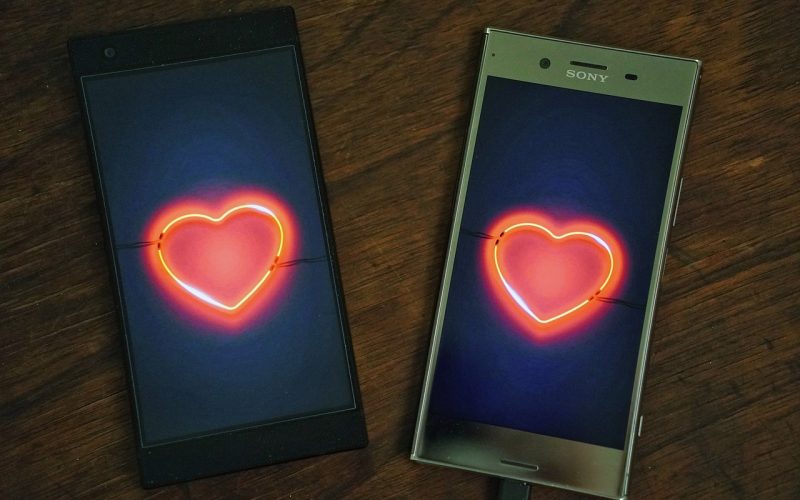In today's digital age, online dating has become a dominant force in the realm of romance. While it has undoubtedly provided countless opportunities for individuals to connect, there is a growing concern that it may be reducing the likelihood of meeting someone in real life.
The convenience of online dating
One of the primary reasons for the rise of online dating is its sheer convenience. With just a few clicks, individuals can set up profiles, browse potential matches, and initiate conversations from the comfort of their own homes. This easy access to a vast pool of potential partners can make the prospect of meeting someone in real life seem cumbersome in comparison. Traditional dating often involves effort, time, and sometimes even a bit of luck, whereas online dating offers instant gratification. This shift towards convenience may be contributing to a decline in real-life encounters.
Changing social dynamics
Online dating platforms have altered the way people approach relationships and social interactions. In the past, meeting someone typically involved shared activities, mutual friends, or chance encounters at social gatherings. These interactions allowed individuals to build connections based on shared experiences and common interests. However, with the advent of online dating, the process has become more transactional. Profiles are often reduced to a series of photos and brief descriptions, leading to snap judgments based on superficial criteria. This change in dynamics can make it harder for people to form meaningful connections in real life.
Impact on social skills
Another significant impact of online dating is its effect on social skills. Engaging in face-to-face interactions requires a certain level of social finesse, including the ability to read body language, pick up on verbal cues, and engage in meaningful conversations. Online dating, however, allows individuals to craft and curate their interactions, often leading to less authentic and spontaneous exchanges. Over time, reliance on digital communication can erode the social skills necessary for successful real-life encounters. This shift may contribute to a reluctance or inability to approach potential partners in real-world settings.
The paradox of choice
Online dating platforms offer an abundance of choices, which can be both a blessing and a curse. While having a wide array of potential partners might seem advantageous, it can also lead to what psychologists call the "paradox of choice." With so many options available, individuals may struggle to commit to a single person, constantly wondering if there is someone better just a swipe away. This mindset can spill over into real-life interactions, making people less likely to give someone they meet in person a genuine chance. The constant pursuit of the next best thing can hinder the development of meaningful real-world relationships.
Decline in social spaces
The rise of online dating has coincided with a decline in traditional social spaces where people used to meet potential partners. Bars, clubs, and community events were once popular venues for socialising and meeting new people. However, the convenience of online dating has led to a decrease in attendance at these venues. When individuals have the option to connect with potential partners from the comfort of their homes, the incentive to go out and socialise diminishes. This decline in social spaces can further reduce the chances of meeting someone in real life.
The need for balance
While online dating has undoubtedly revolutionised the way people connect, it is essential to strike a balance between digital and real-life interactions. It is crucial to recognise the value of face-to-face encounters and the unique dynamics they offer. Building meaningful relationships requires effort, patience, and the ability to connect on a deeper level than what online profiles can provide. By making a conscious effort to engage in real-world social activities and nurturing our social skills, we can ensure that the rise of online dating does not come at the expense of genuine human connections.
Online dating has brought about significant changes in the way people meet and form relationships. While it offers convenience and a vast pool of potential partners, it has also reduced the likelihood of meeting someone in real life. The shift in social dynamics, impact on social skills, paradox of choice, decline in social spaces, and the need for balance all contribute to this phenomenon. It is essential to find a middle ground, combining the benefits of online dating with the richness of real-life interactions, to foster meaningful and lasting connections.






















